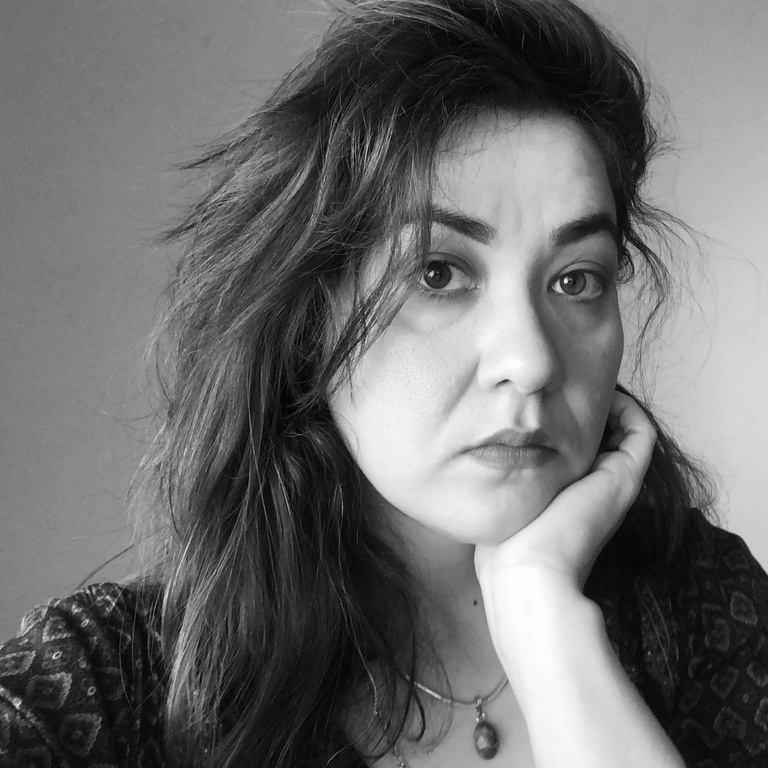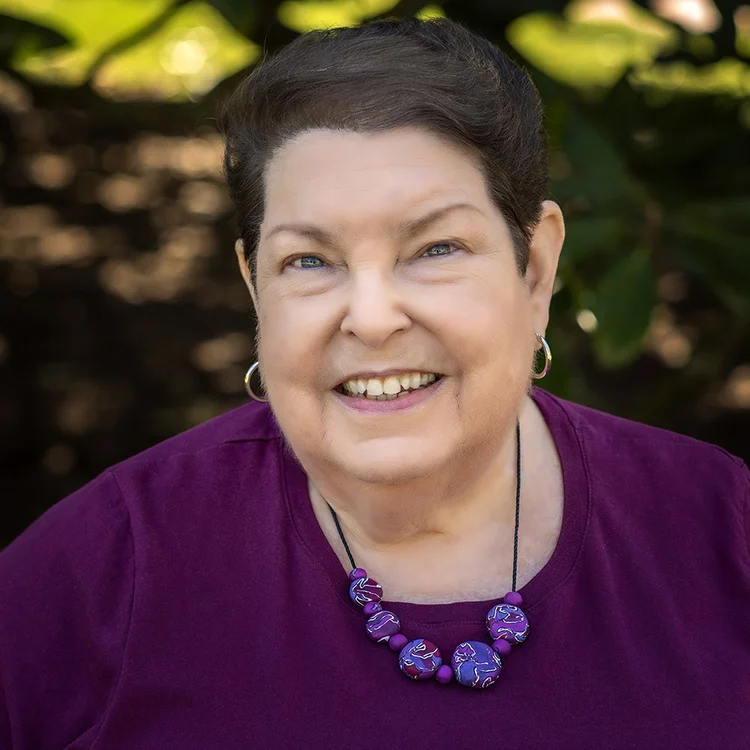
Paperback, 104 pgs.
I am an Amazon Affiliate
Common Grace by Aaron Caycedo-Kimura, a collection in three sections, explores childhood, adulthood, and finding grace in all that comes to pass through each transition life has to offer.
In the opening poem, “Family Anthem,” the poet explores the traditional Japanese family and how it relates to one another. Where parents are discovered slow dancing but are not like lovers because they are Japanese and never express their love in view of others, but as a child he knew he was loved. “my parents hear my shuffle separate like guilty teenagers/” (pg. 3)
This intimate collection reaches beyond the familial to the greater society in its look at us as a “family.” In the short poem, “Daily News,” the poet reminds us “we all row the same boat over falls/” (pg. 17) Political/societal shifts ribbon their way through the poems from the internment of Japanese Americans and the reverberations of those acts to the current affairs we face with “otherness” and discord.
From "The Hardest Part" (pg. 40-1) The fire truck siren downstairs raided the air of my mother's dreams. She'd screen in her sleep, my father told me, even after we married. More than a decade past .... No warning, no drill, no cover. My father stilled her body, his broad hand on her shoulder or hip as they lay in the dark listening to the slowing of her breath. ...
But at its heart, the collection is threading our lives and experiences together in a way that allows us to move past the hurt and the tension to find a “common grace.” These poems are moving and emotional, lyrical, and tender. Common Grace by Aaron Caycedo-Kimura tackles cultural differences, aging, love, growing up, and so much more.
RATING: Cinquain
About the Poet:

 About the Poet:
About the Poet:

 About the Poet:
About the Poet:
 About the Author:
About the Author:
 About the Poets:
About the Poets:


 About the Poet:
About the Poet:
 About the Poet:
About the Poet:




